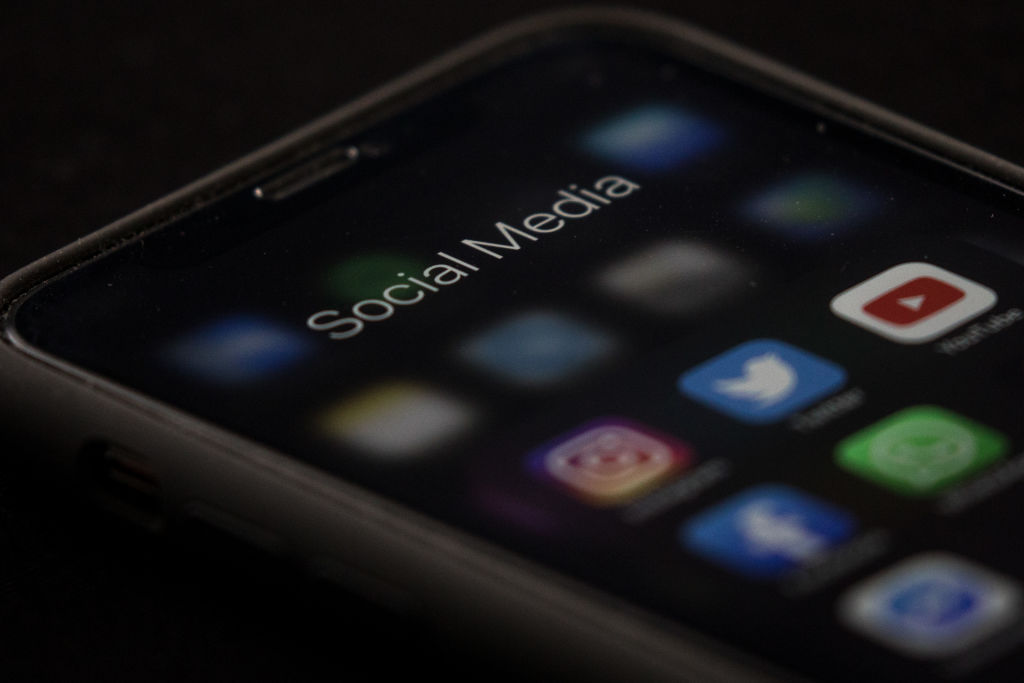
In 2021, 20 teenagers died in North Carolina due to drunk driving, says Rodney Poole, program coordinator for Talk it Out NC. The state-funded program was created by the state Alcoholic Beverage Control Commission in 2014 to help educate youth and parents about the dangers of underage drinking.
As a result of those fatalities, Poole said during a webinar about how social media influences teen drinking, there will be 20 empty seats at Christmas dinner this year, leaving still-grieving families to cope with the unimaginable loss of a child.

“I guarantee you there are going to be at least 20 families that are really struggling to make it through the holidays this year,” Poole said. “I offer this; hug your kids tonight or the next time you see them. Give them a big hug for no reason. You don’t have to tell them why.”
Nationally, there are more than 4,000 alcohol-related deaths among young people under the age of 21, according to data posted on the organization’s website.
Studies show that the posting of alcohol-related content on social media leads to higher rates of alcohol consumption, craving and addiction, Poole said.
“A lot of adults are operating on old information, old ways of doing things, doing things in a way that’s pre-social media” Poole said. “We’re in a whole new situation.”
Advertisements and individual posts on social media make drinking look glamorous, Poole said. Seldom does anyone posts photos of themselves getting pulled over by law enforcement officers for driving under the influence or the enduring the next day’s hangover, he said.
“We really have to encourage young people not to compare their lives to people’s social media highlight reels,” Poole said.
Liquor companies get around advertising restrictions by encouraging young people to post photos of themselves consuming their products, Poole said. Social media has changed the way alcohol is marketed, he added.
“The research is showing that exposure to alcohol posts — Instagram, Snapchat, Facebook and other social media platforms — really increases the likelihood, if a young person is seeing those posts, it increases the likelihood of them consuming alcohol.”
Poole shared a YouTube video of a Houston news program’s report about how youth in that city are increasingly using social media apps to order alcohol and drugs, then have them delivered to their homes without their parents’ knowledge.
The news report told the story of one teen girl who, after being bullied online, attempted suicide using an over-the-counter medication. The teen survived the suicide attempt but began to order alcohol online using SnapChat to cope with the online bullying.
The “Talk it Out” webinar comes the same week 12 North Carolina schools agreed to join lawsuits against several media companies, complaining their platforms cause harm to children’s mental health, hinders academic performance and are designed to become addictive.
“We know that social media platforms have designed and targeted their apps at the expense of our kids’ health and safety,” Attorney General Josh Stein said in a statement this month. “That’s unacceptable. I’m fighting to protect our children online, and I am urging the Supreme Court to make it clear that states have the right to regulate social media platforms.”
A recent “Talk it Out” survey found that found that 94% of youth believe underage drinking is a problem compared to less than half of parents who took the survey.
“Kids realize they’re the problem, but there appears to be a disconnect between what young people know and what adults believe,” Poole said.
According to data from the Substance Abuse and Mental Health Services Administration that is shared on the “Talk it Out” website, 23% of high school students have had alcohol in the past month and also engaged alcohol-related risky behaviors.
The data also show:
- 14% of high school students binge drank.
- 5% drove after drinking alcohol.
- 17% rode with a driver who had been drinking alcohol.
- 10% of 12-year-olds say they have tried alcohol.
- 15% of 8th graders have consumed alcohol in the past year.
- 2% of 8th graders report being drunk in the past month.
“This is what your kids are dealing with,” Poole said. “I don’t want to sugarcoat it today. I want to make sure you are aware of what your kids are actually dealing with.”
